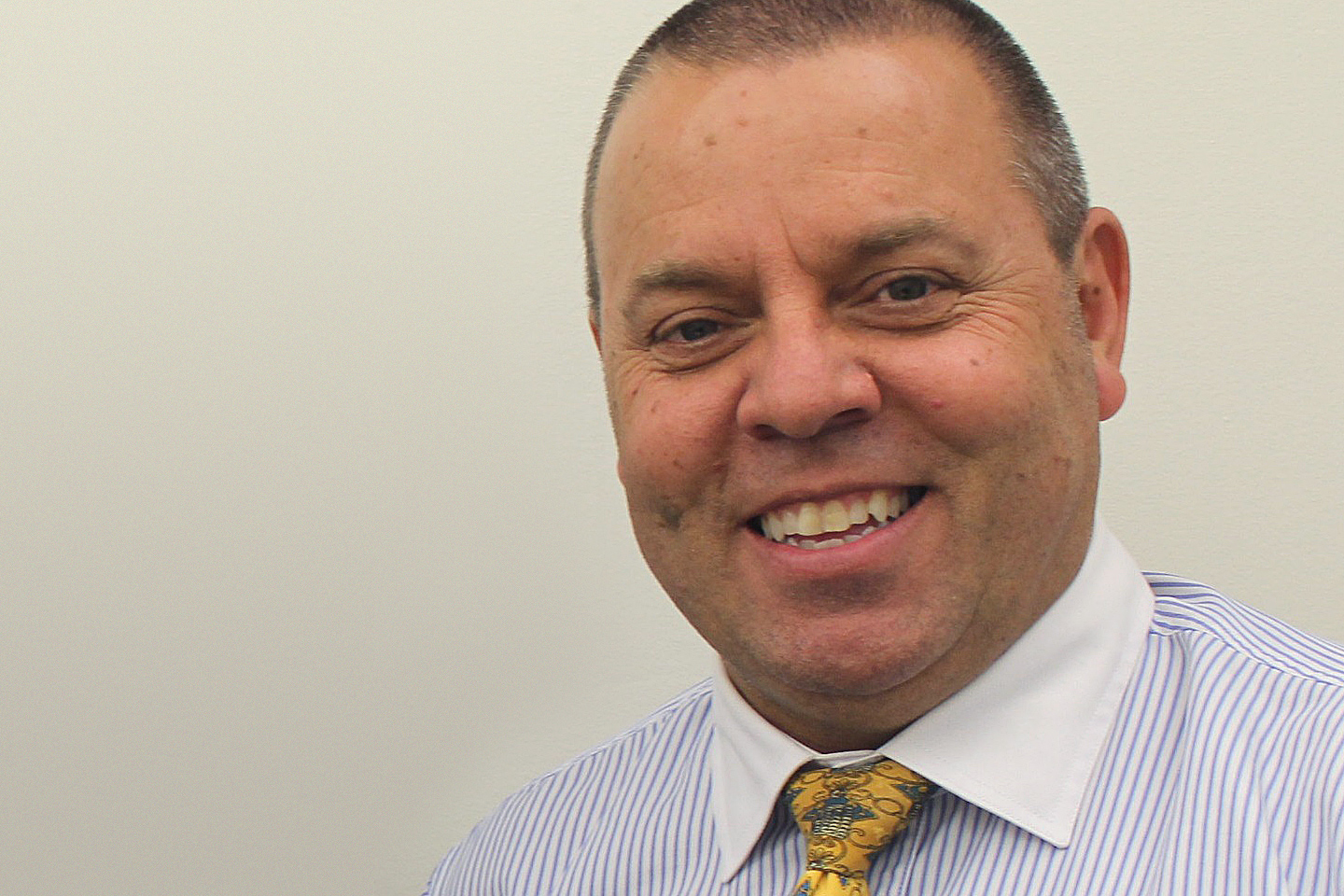

There’s a lot of talk in the media about breast cancer with many charities devoted to its causes and treatment. We know of celebrities who have been affected by breast cancer and most people these days have either been touched by the disease personally or they know a family member or friend who has been diagnosed with it.
The facts are the incidence of breast cancer is increasing due to the very effective public awareness campaigns over the past decade encouraging early detection. However, death rates of breast cancer are decreasing because of the significant impact of research.
To illustrate the impact and potential power of research, consider this: if you were diagnosed with breast cancer 20 years ago, there was a 5 year survival rate of around 73% to 75%. Today, this rate is sitting at 92%. This increase is due to research which is finding new and better ways of treatment.
At Breast Cancer Research Centre-WA, located at Hollywood Private Hospital, we conduct clinical trials to help us investigate new ways to fight breast cancer.
We are the biggest breast cancer research unit in Australia and currently we have 17 globally significant research projects on the go. We are significant players in the breast cancer space in world terms and 13 of our projects have influenced breast cancer treatment worldwide.
When we conduct clinical trials, not only do they give us the opportunity to investigate new drugs and treatments, they also importantly enable us to give patients access to treatment several years earlier than if they were to wait for that drug to receive regulatory approval. Obviously, this can be life-saving but equally so, it can greatly improve the quality of a person’s life and that of their loved ones caring for them.
All trials conducted at BCRC-WA are overseen by Professor Arlene Chan AC, a world-renowned breast cancer researcher and medical oncologist.
Professor Chan treats patients in her own practice but also spends approximately a third of her time overseeing clinical trials. Pharmaceutical companies pay for these trials to be undertaken but because Professor Chan opts to undertake these trials on a pro-bono basis, all funds received go back to BCRC-WA to fund patient services such as breast cancer nurses and oncology fellows.
Some of our current trials are investigating the impact of exercise on breast cancer treatment; scalp cooling to reduce hair loss while undergoing chemotherapy and the impact of a breast cancer diagnosis on offspring as well as the economic, social and psychological impact on breast cancer patients and their families.
The scientific merit, operational feasibility, methodology and originality of each potential trial is assessed, and due consideration is always given to how a trial will benefit not only our own patients but how it will add to the understanding and treatment of breast cancer worldwide.
Apart from multi-centre trials for pharmaceutical companies or collaborative research groups, BCRC-WA also conducts and initiates its own research. These are called ‘investigator-led trials’ and they are often performed to answer a clinical question or address clinical needs important to patients.
While early stage breast cancer is the chief focus of most researchers internationally, at BCRC-WA we direct more than half our research – 57% – into metastatic, or advanced cancer, where the breast cancer has metastasised in another part of the body, such as the brain or bones. Finding a cure for metastatic breast cancer drives our research at BCRC-WA.
Women diagnosed with metastatic breast cancer have the odds stacked against them however, access to trial treatments is helping women defy their predicted life expectancy.
For many years, the average life expectancy for a patient with a metastatic diagnosis was around 2 to 3 years. Now we’re seeing 15% of our patients living beyond 5 years, and 5% are still going strong after 10 years.
By allowing patients to participate in clinical trials, they can gain access to treatments that are not only at no cost (to them), but also sometimes 10 years earlier than if they had to wait for the treatments to come onto the market.
Next year, BCRC-WA plans to open a comprehensive breast cancer centre where we can continue to treat patients and conduct our research and trials, but we’ll also be able to offer a range of support services to breast cancer patients and their loved ones. At the moment, patients are forced to go from one specialist to another and from one support service provider to another in different locations all over Perth. Having a range of services together under one roof will be far more convenient for patients, lessening their stress and that of their families which will contribute to patient wellbeing and quality of life.
BCRC-WA doesn’t receive any government funding. We are a registered charity however, so donations are tax deductible. Any donations we receive are used to directly fund patient services.
Rather than donating a sum of money that goes into a large pool, some of our generous contributors like to know their donation is going directly to fund an advanced breast cancer nurse for 12 months or a for a 2-year period for example. People can then feel their contribution is having a direct impact on the wellbeing of people affected with breast disease.
The research conducted at BCRC-WA is increasing survival rates and helping to reshape the future of breast cancer care.








